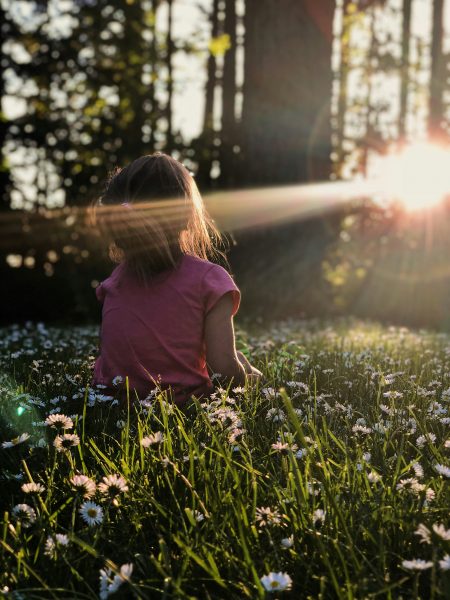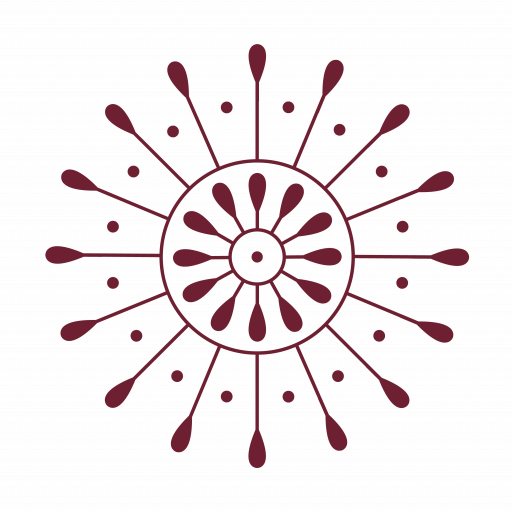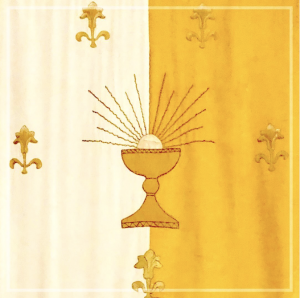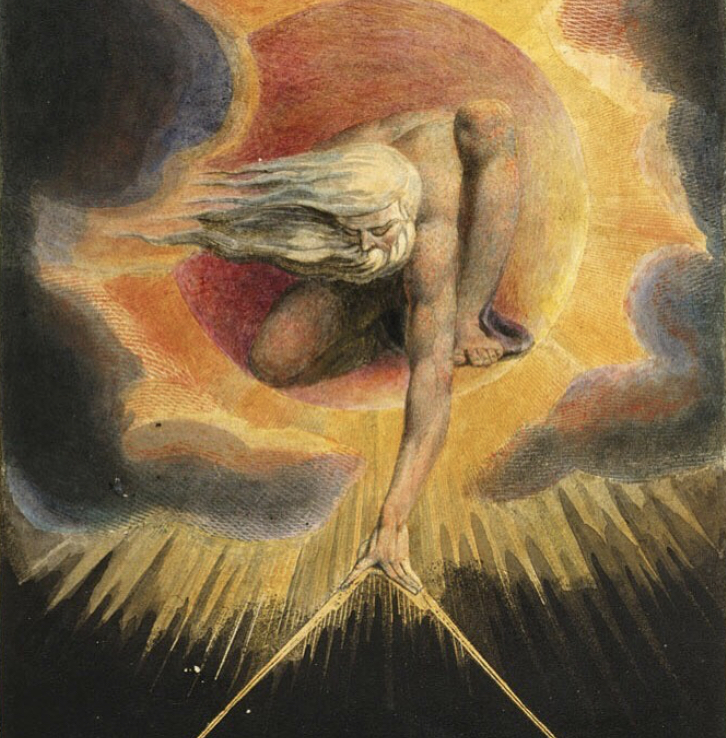The Burden of the Call

We all want a calling. It is the embodiment of purpose, of mission and meaningfulness in a meaningless world. We can go to great length to look for and discover it.
But the call often comes with a great burden. There is an initial heaviness around it, it leaves no alternative. It must be pursued wholly – or not at all. Often, it plunges the individual into a great crisis. It requires a sacrifice (a making-sacred), often of personal comfort, of relationships, or living conditions that aren’t supportive of the deeper emergent path. And the burden only lifts when we surrender entirely to our calling.
Sometimes, this vision gets fed by Industrial-Age ideas of usefulness and productivity – we seek to apply ourselves in the highest degree. Capitalism pioneered the idea that the specialist, not a multi-disciplinal renaissance person, is the ideal of our times and this idea is still prevalent today. Consequentially, we spend resources and time trying to find what it is that we excel at more than anyone else, more than any of our other interests. It’s interesting how this dovetails with the inner seeking for one’s calling.
We in the West live in a largely de-spiritualized world. Our culture is one of dopamine and adrenaline, not of serotonin and oxytocin. Few moments we slow down enough to realize the void we are placed in – and conversely, the all-connected fullness that teems inside of us at all times.
The amount of discomfort we feel when we slow down is a direct expression of how disconnected we have become from our center.
But the call often comes with a great burden. There is an initial heaviness around it, it leaves no alternative. It must be pursued wholly – or not at all. Often, it plunges the individual into a great crisis. It requires a sacrifice (a making-sacred), often of personal comfort, of relationships, or living conditions that aren’t supportive of the deeper emergent path. And the burden only lifts when we surrender entirely to our calling.



